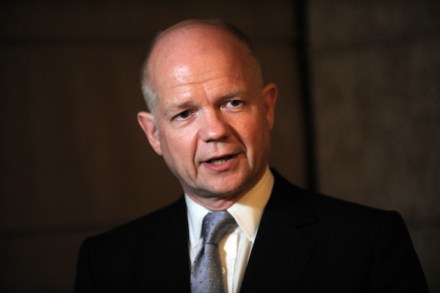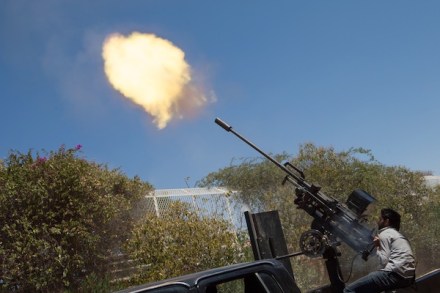Audio coverage of the Syria debate in House of Commons
Welcome to Coffee House’s rolling coverage of the Syria debate in the House of Commons this afternoon. We will be detailing the best speeches in favour of and against the motion below, with full quotes and audio clips. Jump to speeches: David Cameron, Ed Miliband, Jack Straw, Liam Fox, David Davis, Andrew Mitchell, Ming Campbell, Justin Welby Friday 9:10: Chancellor George Osborne was on the Today programme, discussing the government’s defeat. Fraser thinks his logic was rather tendentious: listen to ‘George Osborne on Today’ on Audioboo 23:00: Defence Secretary Phillip Hammond was interviewed on Newsnight just as the news came through the government’s motion had been defeated: listen to ‘Defence Secretary Philip




















